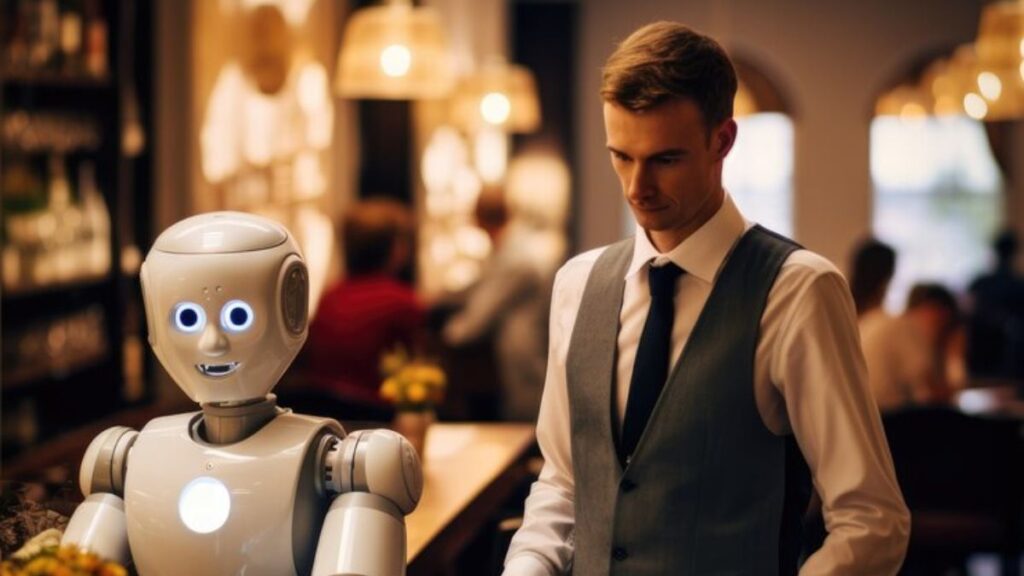Carlos Scola Pliego is a Spanish entrepreneur and innovator recognized for his transformative impact on the hospitality industry. With a keen eye for technological advancements and a commitment to enhancing guest experiences, Scola Pliego has pioneered several initiatives that have set new standards in the sector.
Early Life and Career
Born and raised in Spain, Carlos Scola Pliego developed an early interest in technology and its applications in various industries. His academic background and professional experiences laid the foundation for his future endeavors in the hospitality sector.
Technological Innovations in Hospitality
Scola Pliego’s approach to integrating technology into hospitality operations has been groundbreaking. Some of his notable contributions include:
-
Mobile Check-In Systems: Implementing mobile platforms that allow guests to check in seamlessly, reducing wait times and enhancing convenience.
-
Smart Room Features: Introducing IoT-enabled rooms where guests can control lighting, temperature, and entertainment systems through their smartphones.
-
Integrated Booking Platforms: Developing user-friendly online booking systems that streamline the reservation process for both guests and hotel staff.
-
AI-Powered Customer Service: Utilizing artificial intelligence to provide personalized recommendations and support to guests, improving satisfaction and loyalty.
Service Model Innovations, Carlos Scola Pliego
Beyond technological advancements, Scola Pliego has redefined service models in the hospitality industry:
-
Flexible Room Configurations: Offering adaptable room layouts to cater to diverse guest needs, from business travelers to families.
-
24/7 Business Centers: Establishing fully equipped workspaces accessible at any time, supporting the needs of modern professionals.
-
Customized Corporate Packages: Creating tailored packages for corporate clients, including meeting facilities, catering, and accommodation.
-
Enhanced Safety Protocols: Implementing rigorous health and safety measures to ensure guest well-being, particularly in response to global health challenges.
Commitment to Sustainability
Carlos Scola Pliego has demonstrated a strong commitment to environmental sustainability:
-
Energy-Efficient Building Designs: Constructing properties with energy-saving features, such as LED lighting and high-efficiency HVAC systems.
-
Water Conservation Programs: Installing water-saving fixtures and promoting practices that reduce water consumption.
-
Waste Reduction Strategies: Implementing recycling programs and minimizing single-use plastics within hotel operations.
-
Use of Sustainable Materials: Sourcing eco-friendly materials for construction and furnishings, supporting a circular economy.
Industry Recognition and Future Outlook
Carlos Scola Pliego innovative approaches have earned him numerous accolades and recognition within the hospitality industry. Looking ahead, he continues to explore new technologies and service models to further enhance guest experiences and operational efficiency.
Conclusion
Carlos Scola Pliego stands as a compelling example of how human-centered innovation and technology can coexist to transform traditional industries. His vision transcends the simple application of gadgets or software—it’s rooted in a deeper understanding of what people value in their experiences, especially within hospitality. Through his initiatives, he has reimagined what it means to offer comfort, personalization, and efficiency, blending the warmth of human service with the precision of technological systems.
From mobile check-ins and AI-powered concierge services to sustainability practices that respect the planet, his work reflects a balance between future-forward thinking and timeless hospitality values. His story is not just about technology for its own sake, but about technology used meaningfully to elevate human experience.
As industries continue to evolve, innovators like Carlos Scola Pliego will remain crucial—not only for what they build but for how they remind us that the heart of every advancement should still be human. Whether it’s in the form of smarter rooms or greener operations, his legacy suggests that progress should be felt, not just seen.


